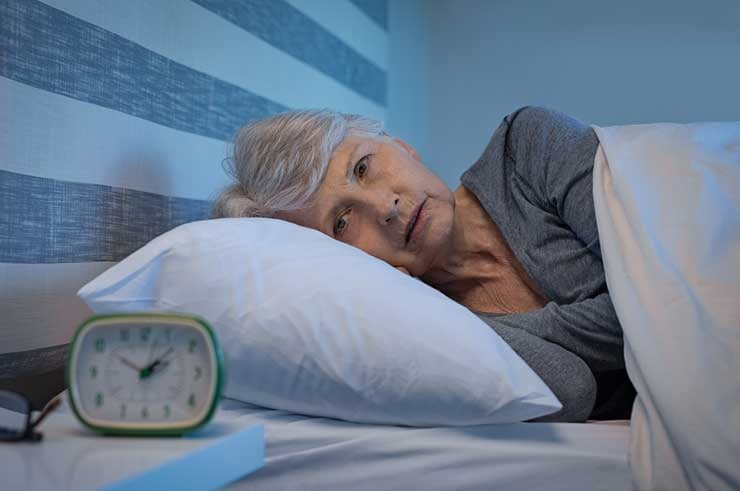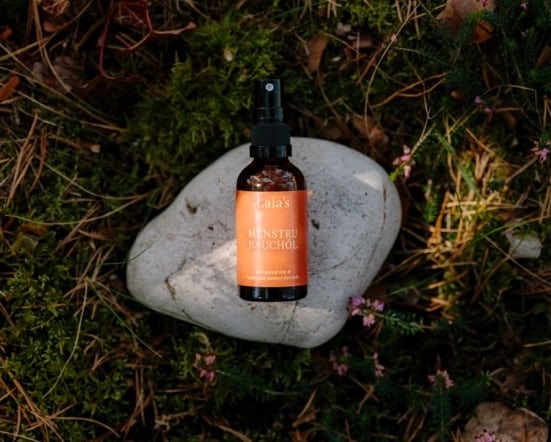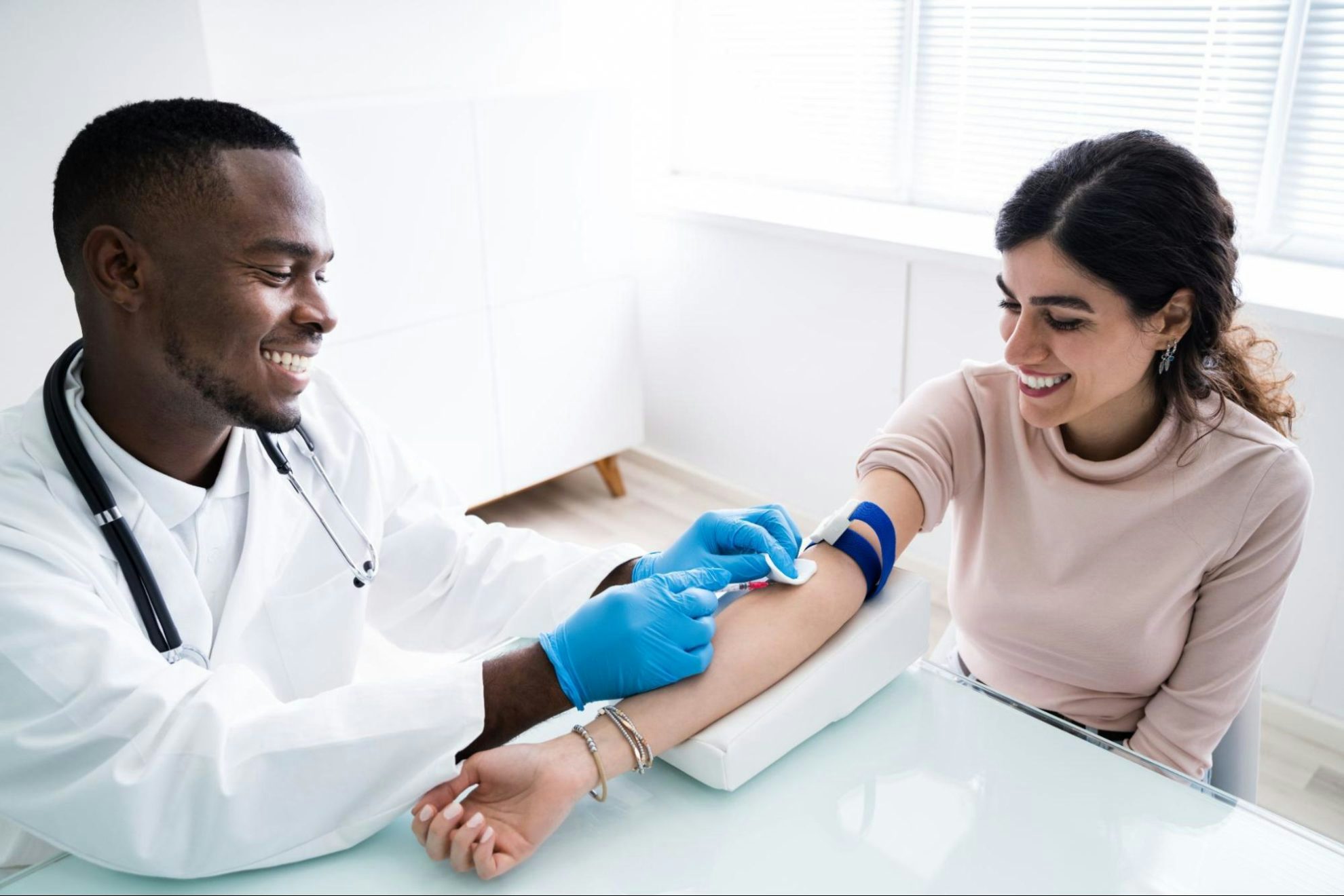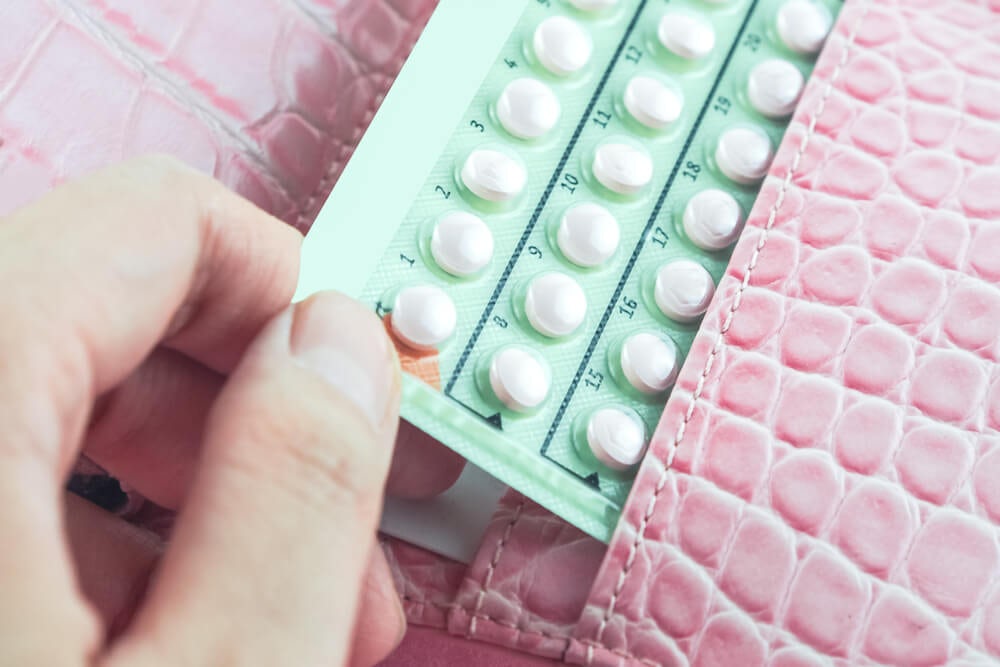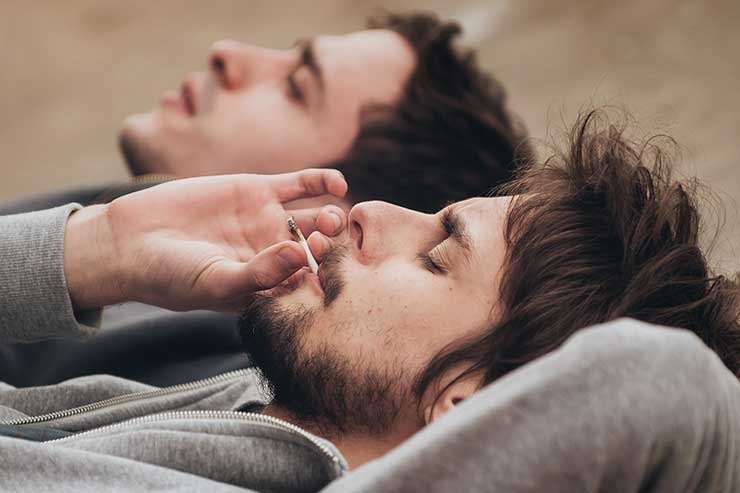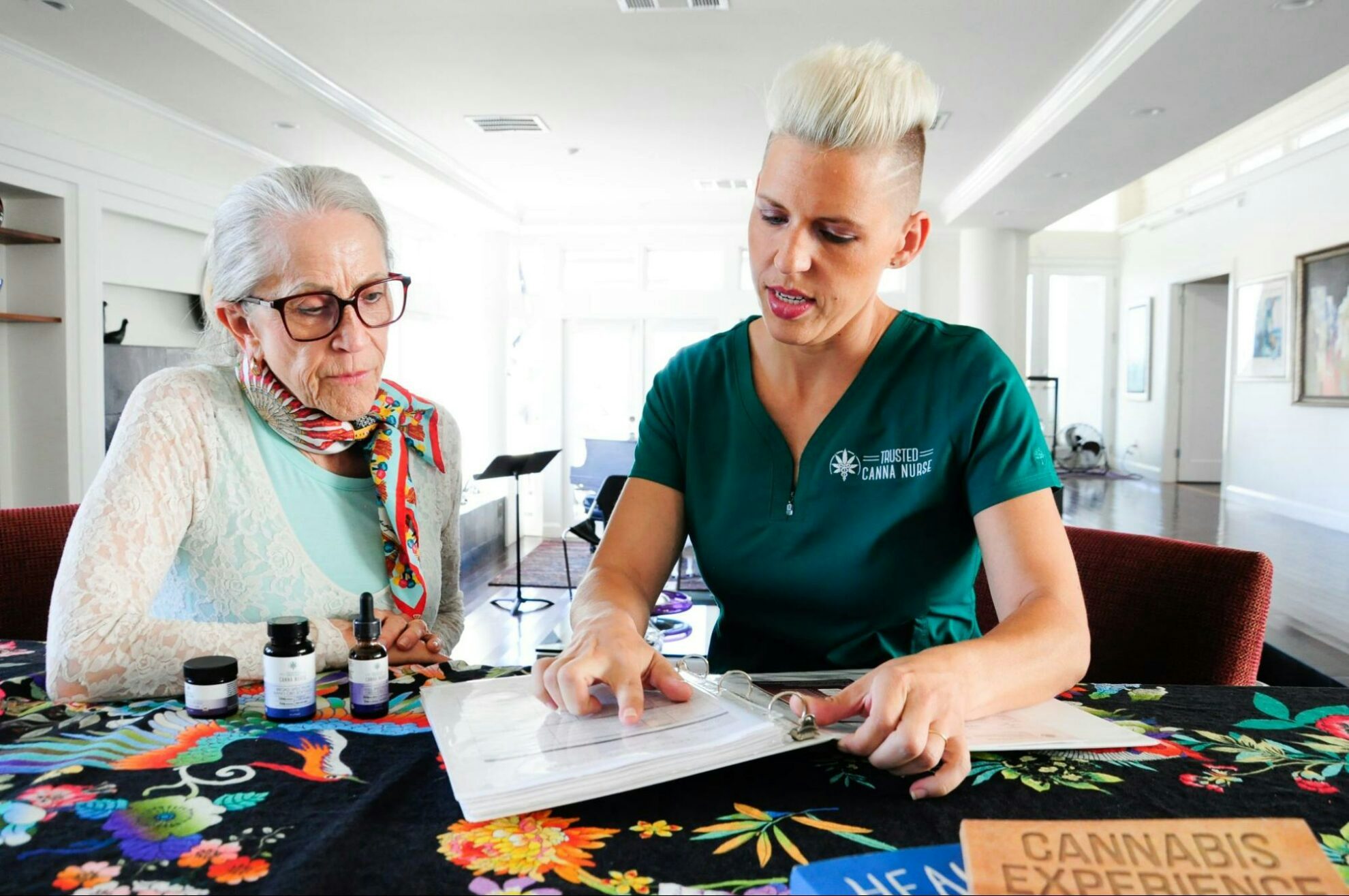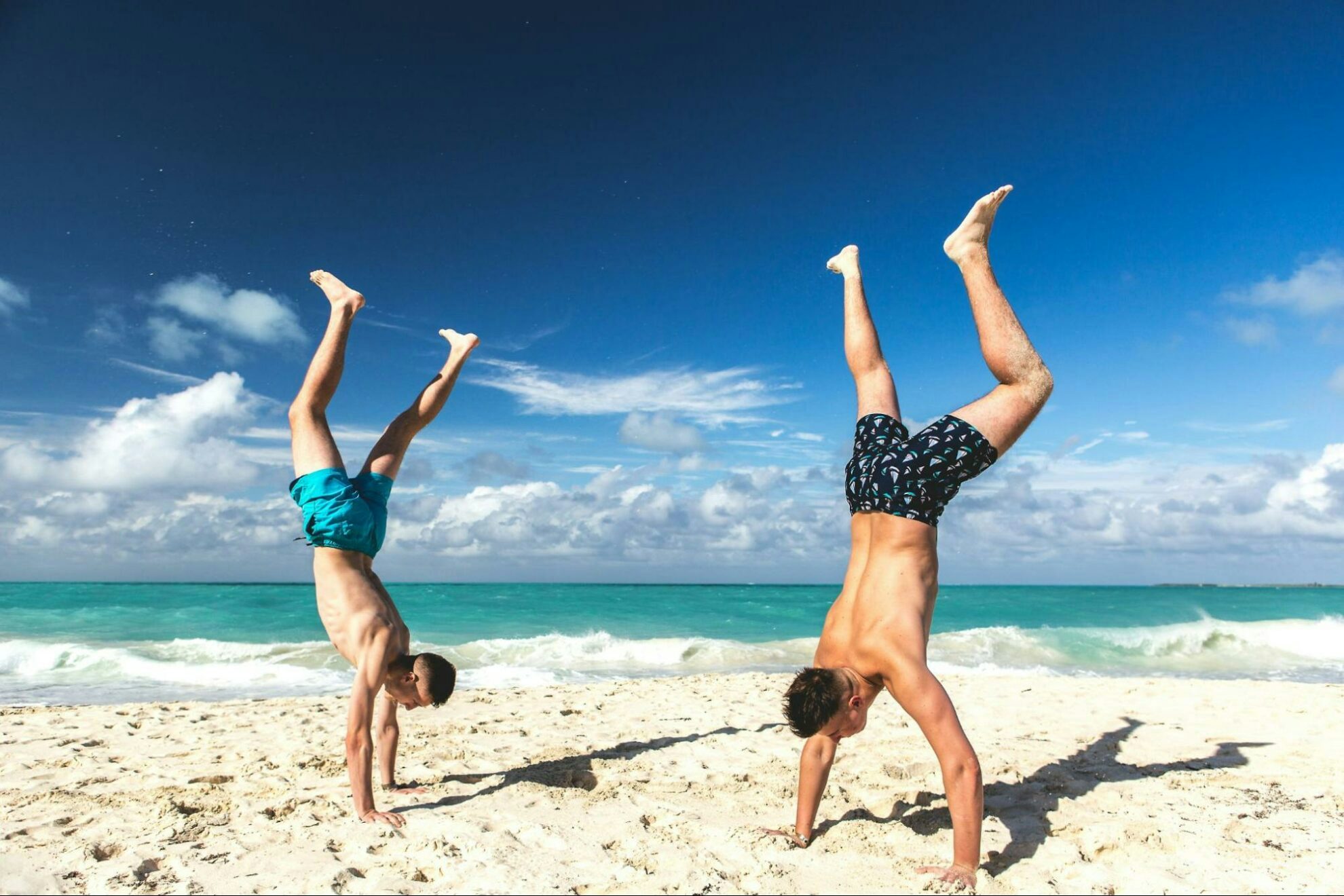Cannabis use has been linked to a diverse array of therapeutic effects on health and wellbeing. But what about its impact on social interactions? For some, a single edible can bring out isolationist tendencies. For others, cannabis enhances social connection and a desire to have fun and chill in the company of others. 1 2
As is often the case with cannabis, its effects can vary widely. Cannabis appears to exert both antisocial and prosocial effects. The way cannabis interacts with the body can vary depending on the dose taken, the concentration of cannabinoids present, and the tolerance and personality of the individual. Several inhalations of a cultivar rich in Tetrahydrocannabinol (THC) may be more likely to induce anxiety rather than taking gummies infused with Cannabidiol (CBD), though each person responds to cannabinoids in a different way. In fact, while CBD is seen as the “relaxing” cannabinoid, many people also find that THC can help reduce stress and anxiety. 3 4 5
There is evidence, however, that cannabis could be used to help manage social anxiety or other social disorders. The key to harnessing its beneficial properties may lie in proper dosage and combination of cannabinoids and terpenes.
How cannabis can impact social interactions
Cannabis has been used to enhance social interactions throughout history. Ancient civilizations used cannabis at funerals, weddings, and holy festivals to elevate feelings of connectedness and bonding. Some fascinating research on cannabis and social interactions took place in the seventies–at the height of the cultural wave that saw a generation experimenting with the plant. 6
Researchers have found that the body’s endocannabinoid system plays a role in mediating the effects of cannabis on social interactions. For example, cannabinoid receptor type 1 (CB1) receptors are highly prevalent in parts of the brain, such as the frontal cortex, that play a role in socio-emotional functioning. What’s more, anandamide, one of the body’s endogenous cannabinoids, may help reduce social anxiety and affect social rewards. THC has a similar molecular structure to anandamide and exerts many similar behavioral effects. 7 8
There’s also research from cannabis users who have reported prosocial behaviors. For example, in one survey of 153 college students, more than 70 percent of the participants reported that cannabis intoxication made them feel more inclined to interact with others due to heightened feelings of unity. More than 80 percent also reported that cannabis use made them feel more empathetic toward others. In another study, cannabis users were found to be more interactive, communicative, and open in their interactions with one another compared with non users. However, this same study found the opposite effects in the last two weeks of the research. 9 10
When it comes to research exploring the effects of cannabis on conversation, the results can appear conflicting. In some cases, cannabis use has been linked to a decrease in chattiness. Less talking, however, may not necessarily be a sign of antisocial behavior–instead signaling a positive state of intuition, connectedness, and relaxation in the company of others. Cannabis users often report feelings that resonate with this hypothesis; participants in a study from the eighties stated that cannabis helps them feel more “socially intuitive,” while decreasing their ability to participate in social games. 11 12
Evidence that cannabis can help manage social anxiety disorder
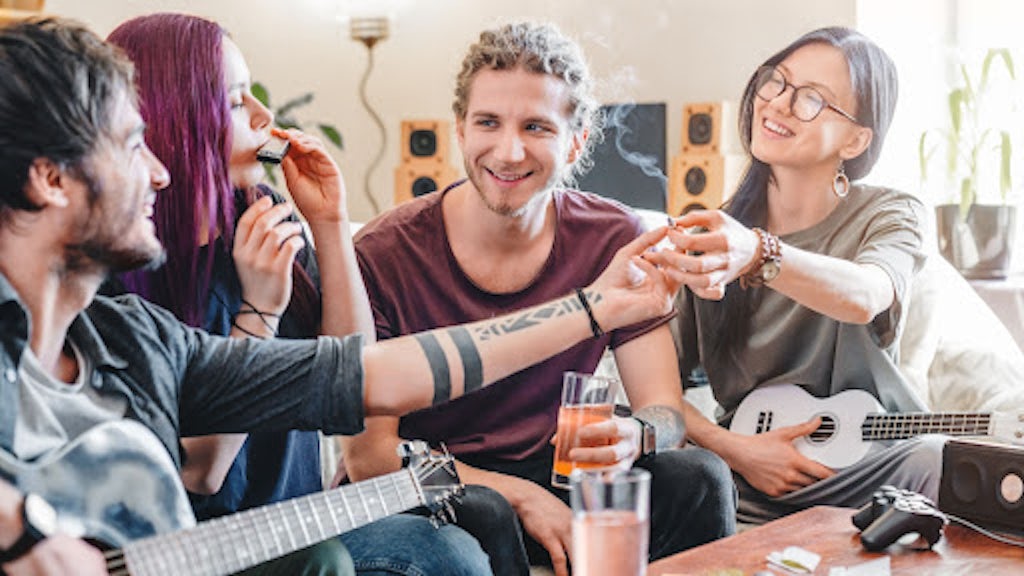
Given that cannabis boasts anxiolytic properties and can support prosocial behavior, it makes sense that the plant could help manage social anxiety disorder (SAD). 13
Individuals living with SAD experience anxiety in situations where others could judge them, such as public speaking, and often feel self-conscious about engaging with others.
According to one study, more than 36% of individuals with social anxiety reported using cannabis to cope in social situations. The same study reported that 65.9% of individuals diagnosed with severe social anxiety lean on cannabis to help them manage social settings. While this research framed social anxiety as a risk factor for developing cannabis use problems, the study nonetheless highlights that many individuals with social anxiety disorder rely on cannabis to help them navigate social situations. 14
Studies suggest that cannabidiol (CBD), in particular, may be useful in helping individuals manage symptoms associated with social anxiety disorder.
- In a 2011 clinical study, CBD was found to reduce anticipatory social anxiety in individuals diagnosed with SAD. The study involved ten patients who were given an oral dose of CBD (400 mg) or placebo in the first session in a double-blind procedure. In the second session, the same procedure was performed administering the drug that had not been administered in the previous session. CBD was also found to change activity in different parts of the brain that process emotional input. 15
- Another pioneering clinical study found that CBD reduced anxiety in individuals with SAD before a public-speaking event. Twenty-four patients received either CBD (600 mg) or a placebo in a double-blind randomized design 1 h and a half before the public-speaking test. 12 didn’t receive any medication at all. Each volunteer participated in only one experimental session in a double-blind procedure. Pretreatment with CBD significantly reduced the participants’ anxiety, cognitive impairment and discomfort in their speech. 16
- In a 2019 clinical study, researchers found that 37 Japanese teenagers with SAD and avoidant personality disorder who took CBD daily over four weeks experienced a significant reduction in their symptoms. The double-blinded study saw the 18- and 19-year-old participants receive 300mg CBD or a placebo daily over the four-week period. CBD was found to significantly decrease anxiety measured by two common measures of social anxiety and negative social judgement. 17
So while it appears that CBD may be beneficial in helping individuals with SAD manage their symptoms, what about THC?
The anti-anxiety (anxiolytic) effects of THC are well-known and clinically recognized. However, THC is also anxiogenic (capable of provoking anxiety) and can cause paranoia and panic when taken at high doses. As a result, THC can be erratic in its impact on social interactions. A low dose can grease the social wheels, but as users attest, higher doses of THC can kick off anxiety in a social setting. 18 19
According to experts, more understanding of the anxiolytic and anxiogenic effects of THC and CBD is needed for the treatment of anxiety disorders, such as SAD. Cannabidiol appears to offer a safer bet in reducing social anxiety as it doesn’t elicit an anxiogenic response–even when it’s taken at high doses. 20 21
Current evidence also suggests terpenes, another compound in cannabis, may help mediate social anxiety. Many of the anxiolytic terpenes present in cannabis, such as linalool, play a role in easing anxiety, which may render social interactions less stressful. There’s also research that suggests terpenes may be instrumental to enhancing the anxiolytic benefits of THC and CBD via the entourage effect. 22 23
Insights from an expert and cannabis users
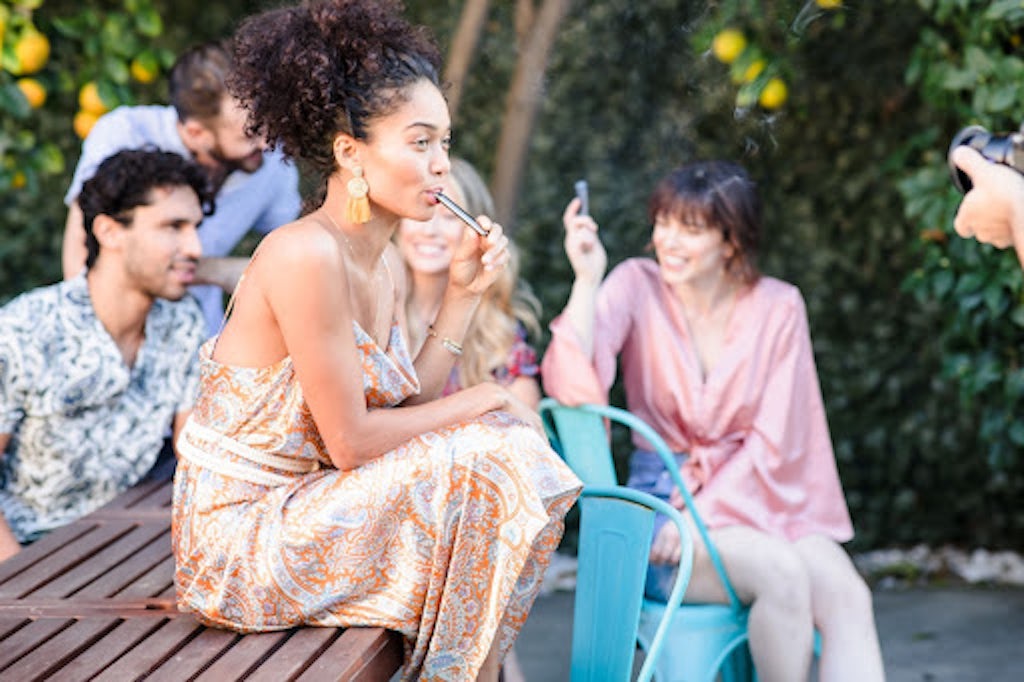
While the research suggests that cannabis can stimulate social interactions at the right dose, what do users and experts think? For Russell Lehmann, a writer and autistic cannabis advocate who experiences severe social anxiety, cannabis has been instrumental in helping him feel comfortable and at ease in social settings.
“Cannabis lifts these heavy symptomatic clouds, resulting in a very light feeling, clearing out room in my mind to be my true self when socializing,” says Lehmann. He strongly believes that cannabis is a useful treatment for individuals who experience social anxiety–but reflects that diverse factors can influence its efficacy.
“Cannabis is such a complex plant with many diverse and nuanced physical, mental, and neurological effects that I strongly encourage those thinking about using it (to manage social anxiety) to research thoroughly certain [cultivars], THC/CBD ratios, terpene profiles, and methods of use,” he recommends.
Kristin Baker, a patient intake coordinator at Willow Brook Wellness, a medical cannabis dispensary in Connecticut, echoed similar sentiments to Lehmann. For Baker, the cannabinoid and terpene profile of different cultivars affect whether the plant eases or exacerbates social anxiety.
“Some cannabinoids, like THC, are known to produce [intoxicating] effects and enhance sensory perception. This “high” feeling can cause euphoria, increase relaxation, ease social anxiety, and ultimately enhance their sociability,” she pointed out. “On the opposite end of the spectrum, some users may also experience concentration and memory deficiencies, making them more prone to antisocial behavior while using [cannabis].”
Baker believes terpenes are fundamental to whether cannabis delivers a prosocial or antisocial experience.
“For someone with anxiety issues, using marijuana [cannabis] that is potent in relaxing terpenes, like linalool and b-myrcene, might decrease their anxiety and increase their ability to interact with others,” she reflected. “On the other hand, for someone who does not struggle with anxiety, [cultivars] potent in these terpenes might make them too sleepy/relaxed, therefore making them anti-social.”
Ultimately, Baker emphasizes that it comes down to finding the combination of terpenes and cannabinoids. Seeking advice and familiarizing oneself with the effects of different cannabinoids and terpenes can help to achieve that social boost.
The final word
As is common with cannabis, experiencing the desired effects depends on a nuanced approach to using the plant.
While the research indicates that non-intoxicating CBD may present the most reliable option for decreasing anxiety and promoting relaxation in social settings, Lehmann and Baker believe THC has a lot to offer those looking to increase their sociability. It’s simply a matter of finding a cultivar or combination of terpenes and cannabinoids that work for the individual.
“THC and CBD can have varying impacts on sociality, depending on the person using them, their potency, and the terpenes they are accompanied by in the [cultivar],” says Baker. “CBD is typically known to decrease anxiety and promote relaxation, however, I think in [certain] people, THC can help even more than CBD does.”
Sources
- Cannabis Use and Antisocial Behavior among Youth. Ioana Popovici,Michael T. French,Rosalie L. Pacula,Johanna C. Maclean,Olena Antonaccio. First published: 06 January 2014 https://doi.org/10.1111/soin.12027
- Foltin, R. W., Brady, J. V., Fischman, M. W., Emurian, C. S., & Dominitz, J. (1987). Effects of smoked marijuana on social interaction in small groups. Drug and alcohol dependence, 20(1), 87–93. https://doi.org/10.1016/0376-8716(87)90079-2
-
Caroline A. MacCallum, Ethan B. Russo, Practical considerations in medical cannabis administration and dosing, European Journal of Internal Medicine, Volume 49, 2018, Pages 12-19,
https://doi.org/10.1016/j.ejim.2018.01.004 - Authors: R. de Mello Schier, Alexandre; P. de Oliveira Ribeiro, Natalia; S. Coutinho, Danielle; Machado, Sergio; Arias-Carrion, Oscar; A. Crippa, Jose; W. Zuardi, Antonio; E. Nardi, Antonio; C. Silva, Adriana. Source: CNS & Neurological Disorders – Drug Targets (Formerly Current Drug Targets – CNS & Neurological Disorders), Volume 13, Number 6, 2014, pp. 953-960(8)
- Emma Childs, Joseph A. Lutz, Harriet de Wit, Dose-related effects of delta-9-THC on emotional responses to acute psychosocial stress, Drug and Alcohol Dependence, Volume 177, 2017, Pages 136-144, ISSN 0376-8716, https://doi.org/10.1016/j.drugalcdep.2017.03.030
- Wei, D., Allsop, S., Tye, K., & Piomelli, D. (2017). Endocannabinoid Signaling in the Control of Social Behavior. Trends in neurosciences, 40(7), 385–396. https://doi.org/10.1016/j.tins.2017.04.005
- Wei, D., Allsop, S., Tye, K., & Piomelli, D. (2017). Endocannabinoid Signaling in the Control of Social Behavior. Trends in neurosciences, 40(7), 385–396. https://doi.org/10.1016/j.tins.2017.04.005
- Justinova, Z., Solinas, M., Tanda, G., Redhi, G. H., & Goldberg, S. R. (2005). The endogenous cannabinoid anandamide and its synthetic analog R(+)-methanandamide are intravenously self-administered by squirrel monkeys. The Journal of neuroscience : the official journal of the Society for Neuroscience, 25(23), 5645–5650. https://doi.org/10.1523/JNEUROSCI.0951-05.2005
- TART, C. Marijuana Intoxication : Common Experiences. Nature 226, 701–704 (1970). https://doi.org/10.1038/226701a0
- Georgotas, A., & Zeidenberg, P. (1979). Observations on the effects of four weeks of heavy marihuana smoking on group interaction and individual behavior. Comprehensive psychiatry, 20(5), 427–432. https://doi.org/10.1016/0010-440x(79)90027-0
- Higgins, S. T., & Stitzer, M. L. (1986). Acute marijuana effects on social conversation. Psychopharmacology, 89(2), 234–238. https://doi.org/10.1007/BF00310635
- Wei, D., Allsop, S., Tye, K., & Piomelli, D. (2017). Endocannabinoid Signaling in the Control of Social Behavior. Trends in neurosciences, 40(7), 385–396. https://doi.org/10.1016/j.tins.2017.04.005
- Sharpe, L., Sinclair, J., Kramer, A. et al. Cannabis, a cause for anxiety? A critical appraisal of the anxiogenic and anxiolytic properties. J Transl Med 18, 374 (2020). https://doi.org/10.1186/s12967-020-02518-2
- Buckner, J. D., & Zvolensky, M. J. (2014). Cannabis and related impairment: the unique roles of cannabis use to cope with social anxiety and social avoidance. The American journal on addictions, 23(6), 598–603. https://doi.org/10.1111/j.1521-0391.2014.12150.x
- Crippa JAS, Derenusson GN, Ferrari TB, et al. Neural basis of anxiolytic effects of cannabidiol (CBD) in generalized social anxiety disorder: a preliminary report. Journal of Psychopharmacology. 2011;25(1):121-130. doi:10.1177/0269881110379283
- Bergamaschi, M., Queiroz, R., Chagas, M. et al. Cannabidiol Reduces the Anxiety Induced by Simulated Public Speaking in Treatment-Naïve Social Phobia Patients. Neuropsychopharmacol 36, 1219–1226 (2011). https://doi.org/10.1038/npp.2011.6
- https://www.frontiersin.org/articles/10.3389/fpsyg.2019.02466/full?ref=b5pvb4tr1hvt#ref3
- Berrendero, F., Maldonado, R. Involvement of the opioid system in the anxiolytic-like effects induced by Δ9-tetrahydrocannabinol. Psychopharmacology 163, 111–117 (2002). https://doi.org/10.1007/s00213-002-1144-9
- Emma Childs, Joseph A. Lutz, Harriet de Wit, Dose-related effects of delta-9-THC on emotional responses to acute psychosocial stress, Drug and Alcohol Dependence, Volume 177, 2017, Pages 136-144, ISSN 0376-8716, https://doi.org/10.1016/j.drugalcdep.2017.03.030
- Sharpe, L., Sinclair, J., Kramer, A. et al. Cannabis, a cause for anxiety? A critical appraisal of the anxiogenic and anxiolytic properties. J Transl Med 18, 374 (2020). https://doi.org/10.1186/s12967-020-02518-2
- Sharpe, L., Sinclair, J., Kramer, A. et al. Cannabis, a cause for anxiety? A critical appraisal of the anxiogenic and anxiolytic properties. J Transl Med 18, 374 (2020). https://doi.org/10.1186/s12967-020-02518-2
- Kamal, B. S., Kamal, F., & Lantela, D. E. (2018). Cannabis and the Anxiety of Fragmentation-A Systems Approach for Finding an Anxiolytic Cannabis Chemotype. Frontiers in neuroscience, 12, 730. https://doi.org/10.3389/fnins.2018.00730
- The “Entourage Effect”: Terpenes Coupled with Cannabinoids for the Treatment of Mood Disorders and Anxiety Disorders. Ferber, Sari G.; Namdar, Dvora; Hen-Shoval, Danielle; Eger, Gilad; Koltai, Hinanit; Shoval, Gal; Shbiro, Liat; Weller, Aron. Current Neuropharmacology, Volume 18, Number 2, 2020, pp. 87-96(10). Publisher: Bentham Science Publishers. https://doi.org/10.2174/1570159X17666190903103923
Sign up for bi-weekly updates, packed full of cannabis education, recipes, and tips. Your inbox will love it.

 Shop
Shop Support
Support
